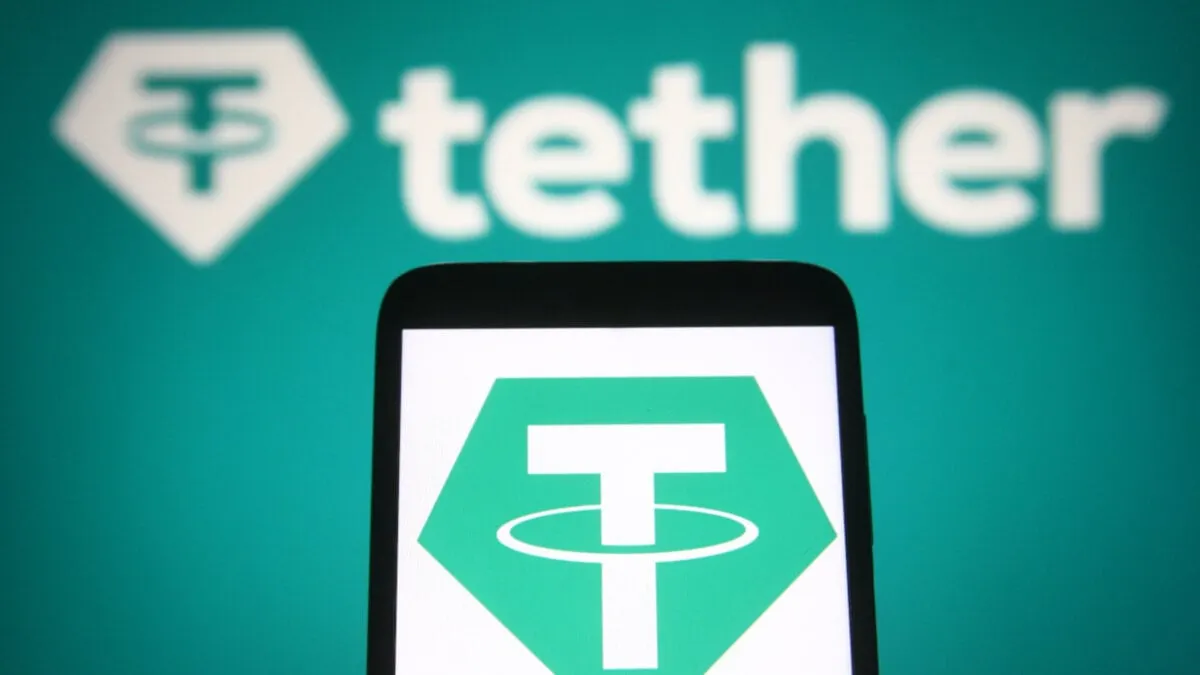
You might think that the world’s largest (and controversial) stablecoin issuer would be the one feeling the heat. Tether CEO Paolo Ardoino said that was not true.
Ardoino said that Tether does not have a problem with USDT being prohibited in the United States due to new regulations. Decrypt On Friday,
Ardoino explained that Tether, in order to circumvent this potential problem, is looking at creating a U.S. stablecoin which will be compliant with the American stablecoin legislation.
Ardoino explained: “We are confident that the main stablecoin we have is ideal for emerging markets. But, we can create a stablecoin payment for US consumers.” We need two products, with different value propositions.
They are digital assets which are pegged with the U.S. Dollar. Stablecoins allow cryptocurrency traders to access dollars without having to directly exchange them. These are the digital assets that trade the most, with tens and billions in daily volume.
Parallel stablecoins bills are hurriedly circulating through the system House You can also find out more about the following: Senate Questions have been raised about the future of Tether, the largest market player.
As currently written, both the House’s STABLE Act and the Senate’s GENIUS Act would require foreign stablecoin issuers like Tether—which is headquartered in El Salvador—to comply with the stringent anti-money laundering requirements of the Bank Secrecy Act, and vigorous audits of their reserves.
Tether is a $144 billion stablecoin giant that has not undergone a financial audit. Critics and competitors claim the company will leave the U.S. if they have to adhere to anti-terrorism, anti-money-laundering rules. Critics have, for years, also doubted whether Tether actually has the money it says it does to back each USDT token—a criticism the company has vigorously combatted over and over again.
Ardoino says that Tether “has the highest level of conformity” when it comes down to cooperating with law enforcement. The company has been in discussions with several “Big Four accounting firms” about an audit. However, the firms are “rightfully cautious” about interacting with this new stablecoin.
What about those theories that Tether wouldn’t enter the U.S. due to new laws on stablecoins? Ardoino claims that they are “a stench of desperation,” from Tether’s rivals who were “betting everything” on the fact that Tether wouldn’t play ball in America.
Ardoino told Cantor’s Manhattan office on Friday, “Here am I.” Tether holds a significant amount of its U.S. Treasuries in the Wall Street company run by U.S. commerce secretary Howard Lutnick’s family.
Ardoino doesn’t seem interested, however, in making any adjustments that would allow USDT in the U.S. to be freely issued. Tether’s CEO is not too concerned about the current state of American legislation on stablecoins. He said he was more concerned with the emerging market where USDT had become so powerful in recent years.
“We don't think there is anything particularly problematic,” Ardoino said of the current content of pending U.S. stablecoin legislation.
Tether’s CEO is confident that USDT would remain on secondary U.S. markets. The Tether CEO added that access to USDT is “very critical” for international remittances. According to its current form, the Senate bill on stablecoins would prohibit issuers who are not compliant from selling tokens directly American users. House Bill goes further by prohibiting the trading of noncompliant coins by intermediaries such as Coinbase two years after it becomes law.
At some point during the coming months, that competing language will need to be reconciled before a final bill is—should it receive the needed votes—placed on President Donald Trump’s desk for signature.
Although it appears that the bills as they are written do not explicitly prohibit USDT trading on DeFi non-custodial exchanges such as Uniswap and Jupiter.
Tether has seen its business in some markets affected by the introduction of stablecoin regulations. Binance launched its stablecoin exchange earlier this week. List of delisted USDT is no longer available on its European websites, as the stablecoin token doesn’t meet the new EU requirements.
Ardoino stated that Tether, in a similar fashion to its growing U.S. Strategy, has invested into multiple European firms launching dollar and euro stablecoins at the grassroots level, compliant with EU Regulations.
The executive, however, said that he sees a long-term future in which USDT will not be a major actor in the United States of America or Europe.
Editor's note: This article and its headline were updated for clarity after the story's publication.


